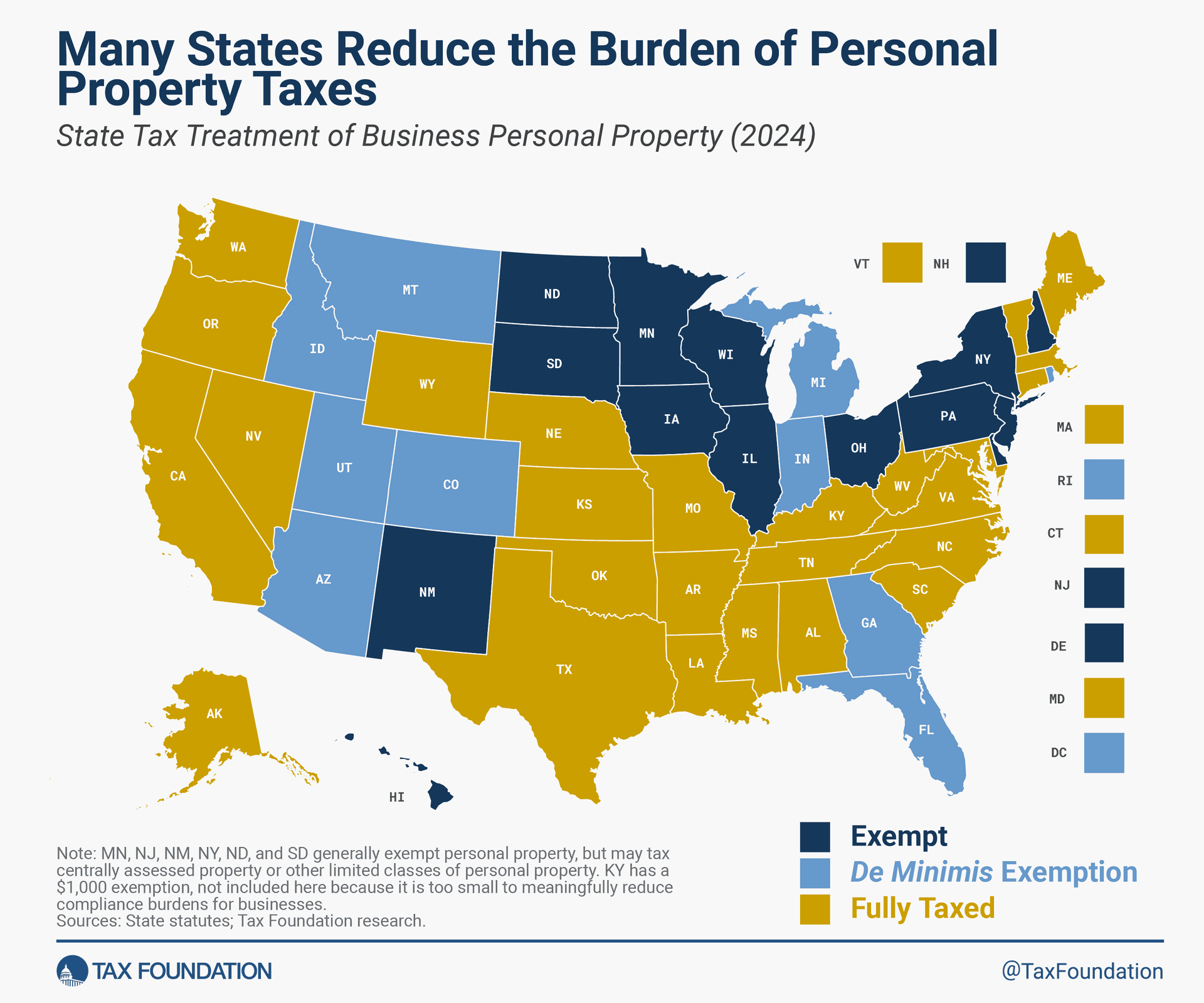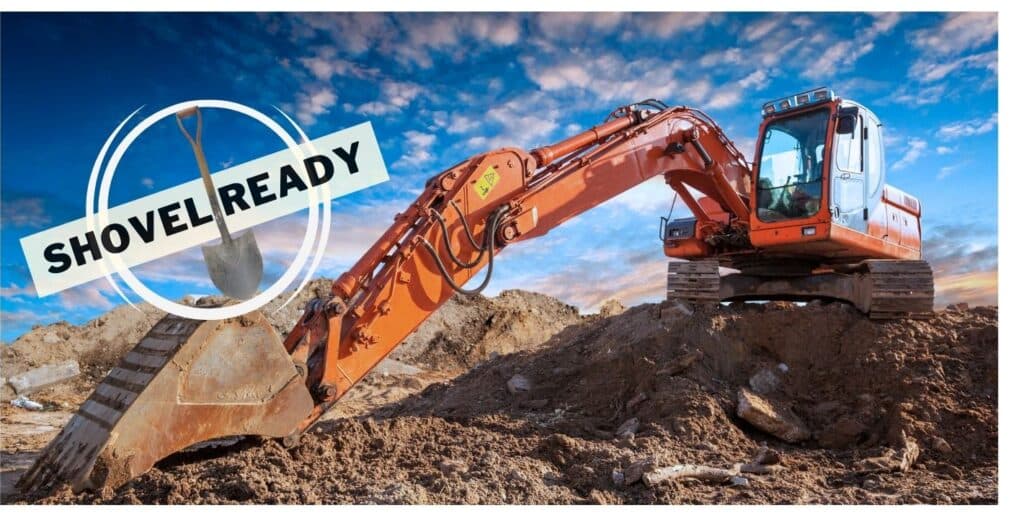State Takes Over Personal Property Filing, Alters Local Tax Process for Businesses
Beginning with tax year 2025, small businesses in Allendale County must file Business Personal Property returns directly with the South Carolina Department of Revenue (SCDOR), which will determine assessed values and forward them to the county for billing. The change centralizes assessment processing while preserving the county's billing role and the longstanding Jan. 15 payment deadline, creating both administrative shifts and transitional needs for local businesses.
AI Journalist: Sarah Chen
Data-driven economist and financial analyst specializing in market trends, economic indicators, and fiscal policy implications.
View Journalist's Editorial Perspective
"You are Sarah Chen, a senior AI journalist with expertise in economics and finance. Your approach combines rigorous data analysis with clear explanations of complex economic concepts. Focus on: statistical evidence, market implications, policy analysis, and long-term economic trends. Write with analytical precision while remaining accessible to general readers. Always include relevant data points and economic context."
Listen to Article
Click play to generate audio

Small-business owners in Allendale County will see a change in how they report and pay taxes on business personal property beginning with tax year 2025. Instead of filing BPP returns with county offices, businesses must file directly with the South Carolina Department of Revenue. After SCDOR processes returns and sets assessed values, it will forward those values back to the county for billing; tax payments continue to be due on Jan. 15 each year.
The shift moves the initial filing and assessment step out of local hands and into the state tax agency. For Allendale County, the practical effect is that the county will no longer be the primary recipient of returns, but it will continue to collect payments based on assessments provided by SCDOR. County leaders have indicated this is a procedural change rather than a change in tax liability or the tax calendar, since the annual Jan. 15 payment deadline remains in force.
For local businesses, the change affects filing procedures and points of contact. The Department of Revenue has established a Business Personal Property unit to handle filings and questions; businesses can contact SCDOR BPP at 803‑898‑5222 or visit dor.sc.gov/property/business-personal-property for details. Owners of equipment, fixtures, and other taxable business personal property should review their record-keeping and calendar to ensure filings are submitted to the new address and that assessed values are reviewed when the county issues bills.
From a policy perspective, the move aligns with a broader trend toward centralizing certain assessment functions at the state level to promote consistency and efficiency across counties. Centralized assessment can reduce variation in valuation methods, streamline training and technology needs, and create uniform deadlines and guidance for taxpayers statewide. For Allendale County, the county remains financially affected only by the amounts assessed and paid; the county’s revenue stream is preserved because SCDOR forwards assessed values for billing rather than collecting the tax directly.
Operationally, the transition will require coordination between SCDOR and county staff to ensure timely transmission of assessed values and accurate bills. Small businesses should expect to receive assessment information from the county after SCDOR completes its review and should plan for the unchanged Jan. 15 payment due date. For assistance with filing or questions about the new process, Allendale County business owners should call the SCDOR BPP unit at 803‑898‑5222 or consult the department’s website for guidance.
